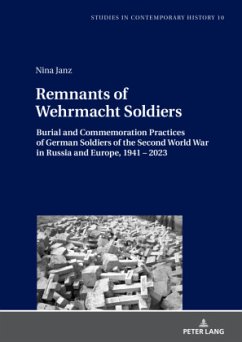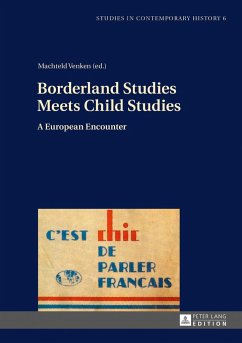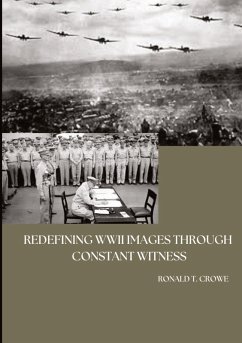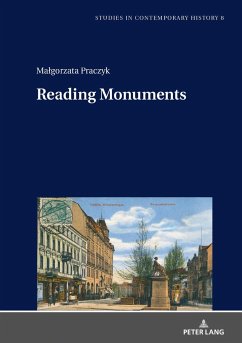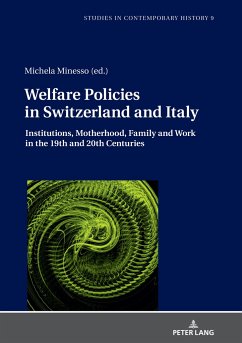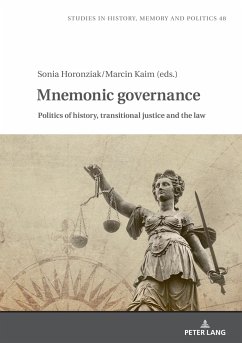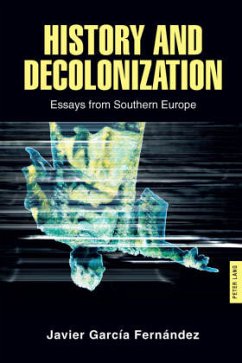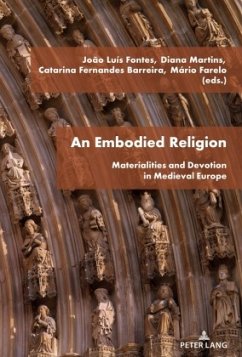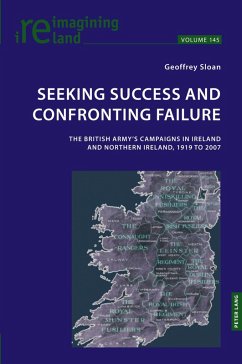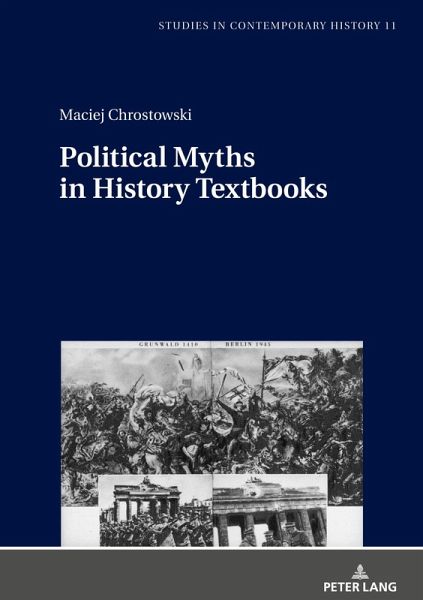
Political Myths in History Textbooks
War Images of the Falange in Spain (1939-1951) and the Polish Workers' Party in Poland (1945-1956)
Herausgegeben: Venken, Machteld
Versandkostenfrei!
Versandfertig in 6-10 Tagen
59,95 €
inkl. MwSt.

PAYBACK Punkte
0 °P sammeln!
This book compares the school image of the wartime past of the Falange and the Polish Workers' Party (PPR), created during the turbulent first decade of Francoism in Spain and Communism in Poland. Demonstrating the political usefulness of the Party was crucial to the consolidation of both regimes. The legitimisation of the new regime called for emphasising the Party's war effort, not only in defeating the enemy but also in its struggle for social issues. Forschool-taught history, the early years of both dictatorships marked a period of breaking with prewar educational concepts and introducing ...
This book compares the school image of the wartime past of the Falange and the Polish Workers' Party (PPR), created during the turbulent first decade of Francoism in Spain and Communism in Poland. Demonstrating the political usefulness of the Party was crucial to the consolidation of both regimes. The legitimisation of the new regime called for emphasising the Party's war effort, not only in defeating the enemy but also in its struggle for social issues. For
school-taught history, the early years of both dictatorships marked a period of breaking with prewar educational concepts and introducing and testing new 'revolutionary' pedagogical solutions. This book not only explains the
aspirations of political rulers to rebuild the students' memory, but also contributes to our understanding of the textbook authors' perception of the recent past. It analyses the meanings of terms specific to mythical stories, such as nation, power, heroes and their deeds, and wartime struggle.
school-taught history, the early years of both dictatorships marked a period of breaking with prewar educational concepts and introducing and testing new 'revolutionary' pedagogical solutions. This book not only explains the
aspirations of political rulers to rebuild the students' memory, but also contributes to our understanding of the textbook authors' perception of the recent past. It analyses the meanings of terms specific to mythical stories, such as nation, power, heroes and their deeds, and wartime struggle.





